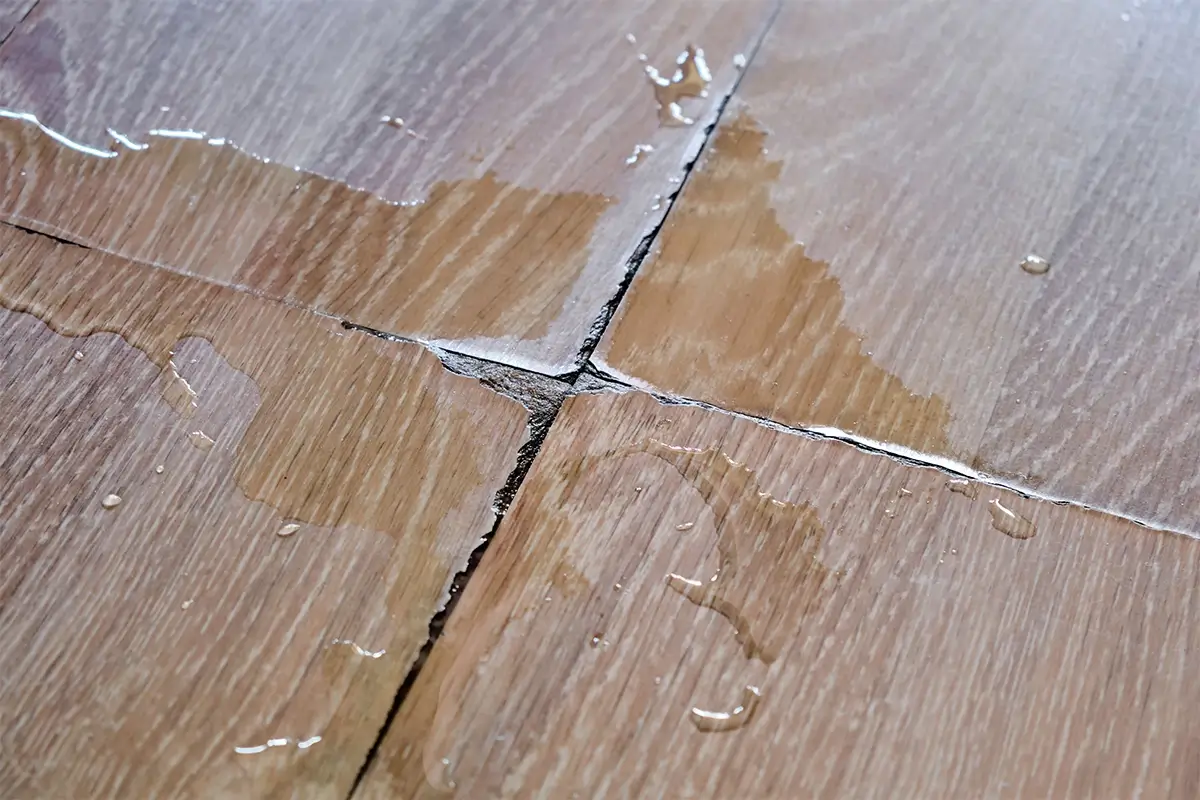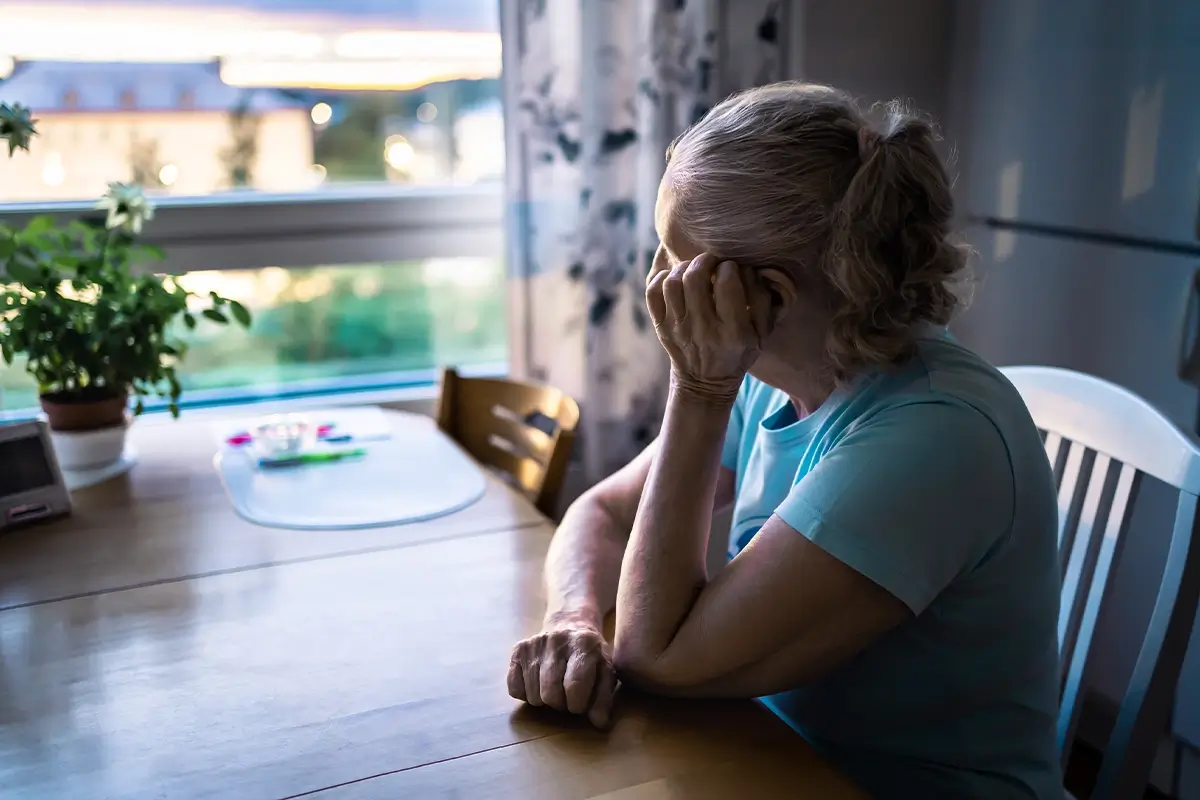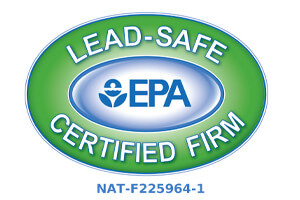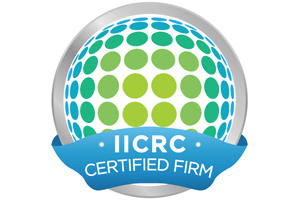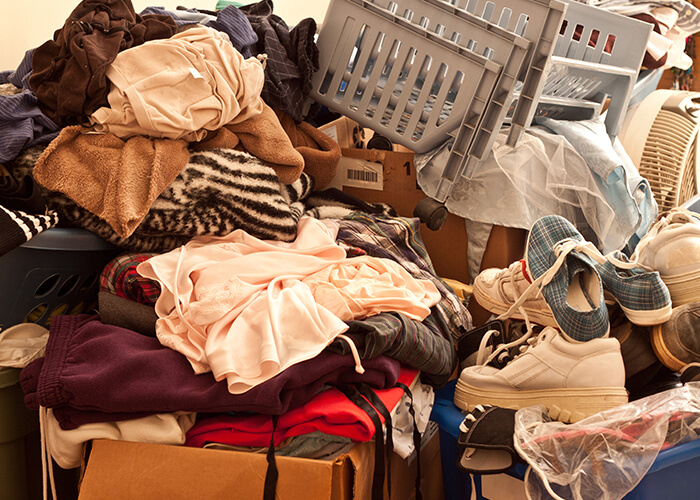
The Victims Of Hoarding Disorder
A hoarder can be quickly overwhelmed by the obsessive-compulsive desire to find, buy, or otherwise acquire worthless items. Though these items can quite literally be anything, some of the most common include:
- Old Magazines & Newspapers
- Empty Bags, Boxes, & Bottles
- Clothes That No Longer Fit
- Pens, Pencils, & Other Writing Utensils
- Food & Beverage Items
Some less common but more extreme examples of hoarded items are:
- Live Animals (e.g. Cats)
- Hair
- Fingernail Clippings
- Used Bandages
- Dirty Diapers
However, unlike serious collectors, hoarders do not generally take pride in the items they collect, which have no appreciable value and normally no sentimental value. In fact, they may even feel ashamed and embarrassed for their possessions.
There are several other health, psychological, and social problems that may arise from hoarding.
Problems That Hoarders May Face
Hoarding is considered a form of obsessive compulsive disorder, and as such it comes with many issues that other OCD sufferers commonly face:
- Depression – Due to the compulsive need to collect clutter, hoarders may suffer from feelings of worthlessness, anxiety, and other distresses associated with severe depression.
- Isolation – Hoarders do not generally invite friends and family into their homes because of the embarrassment associated with their hoarded items, leading to moderate to complete social isolation.
- Financial Distress – Sometimes a hoarder may collect items that they must buy, which can quickly lead to a loss of income, debt, and even bankruptcy.
- Marital & Family Problems – The hoarder is not the only victim that suffers from the disorder. Compulsive hoarding also puts a large strain on relationships with spouses, children, parents, and others.
- Paranoia – Many hoarders feel defensive and paranoid about their hoarded items, which may manifest in feelings of suspicion toward those around them or hours spent looking through garbage to ensure nothing was mistakenly thrown out.
- Loss of Living Space – Hoarders often fill their entire home with the objects in their collection, making it impossible to sleep in a bed, prepare and eat meals, sit in chairs or on sofas, or use showers, bathtubs, or toilets.
- Health Risks – Risk of fire, trip-and-falls, vermin infestation, or disease are common among hoarders.
- Eviction – Hoarders face the very real possibility of losing their home or apartment from landlord eviction or lawful intervention.
The dangers and problems that a hoarder may face are as unique as the items they may collect. While it is possible that some hoarders may face different problems than what is listed above, these are by far the most common.
Helping A Hoarder Get Back To Normal
Hoarding is a serious psychiatric condition, and a mental health professional such as a psychiatrist or psychologist can offer therapy and medications that might help. Family members can also help by supporting their loved one as they go through the difficult changes associated with ridding themselves of hoarding behavior.
One crucial step in the therapy of a hoarder is to remove the clutter they have collected and return their home to a normal, healthy living space. This should only be attempted when the hoarder themselves feels comfortable and the hoarder’s therapist feels that it is a good time.
But, keep in mind that a hoarder’s collection may pose serious health hazards, and you should contact a professional contamination disposal service in order to ensure proper, safe, and adequate decontamination of the hoarder’s home.
In the Phoenix, Scottsdale, Tucson areas or anywhere in the state of Arizona, contact BioteamAZ, the area’s experts in hazardous clean-up, for peace of mind at the most competitive price.
